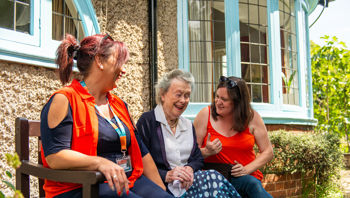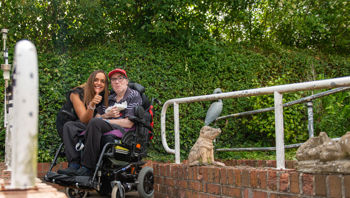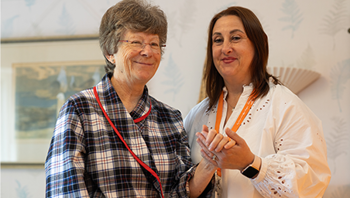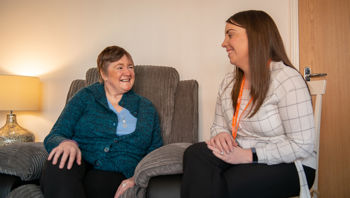What is Neuro Fatigue and How Can You Manage it?
What cause Neuro Fatigue, How Can it Be Managed and How Can Right at Home Solent Home Care Services Help?
Published: 04/06/2024
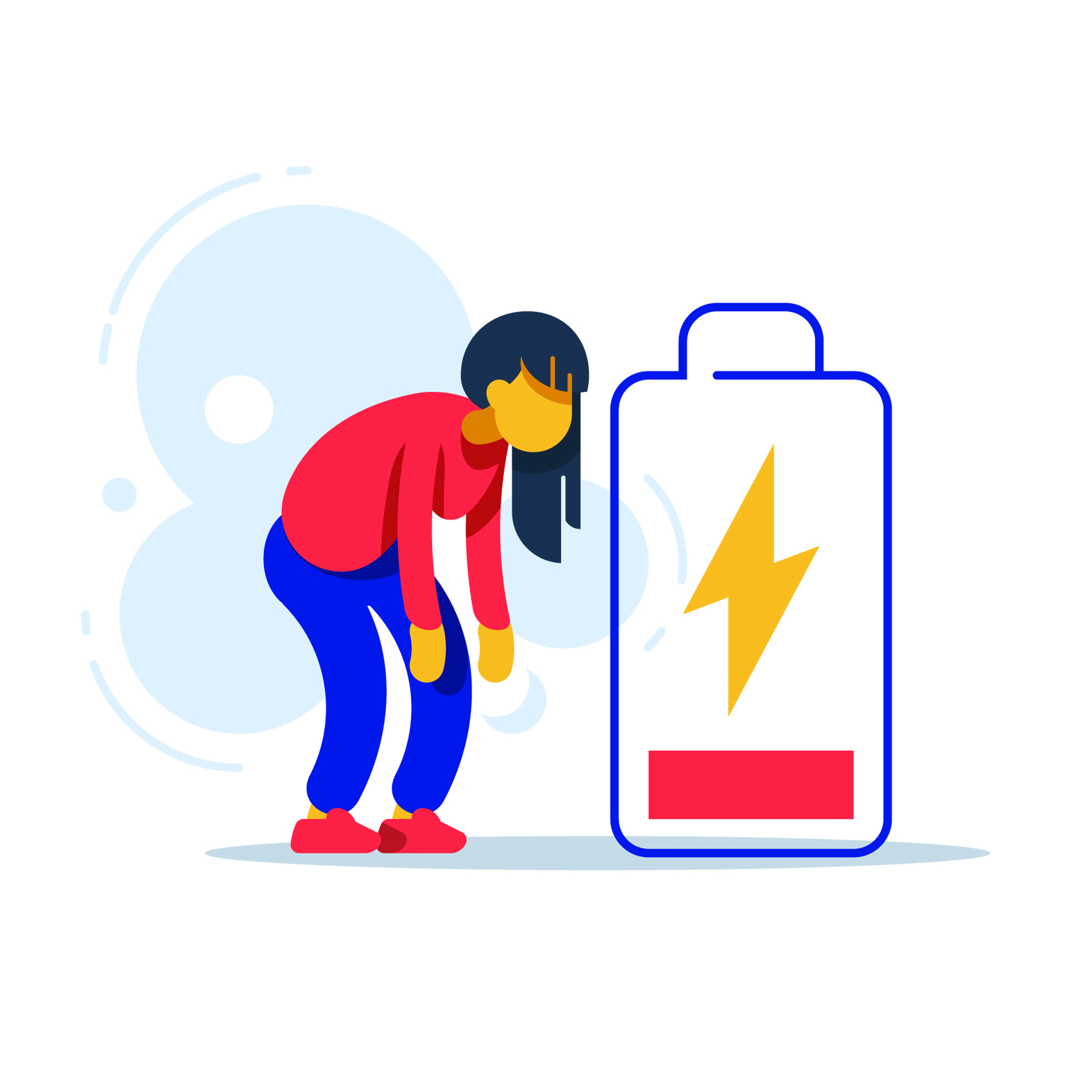
Neuro Fatigue
When providing Outstanding Quality Domiciliary Home Care in Gosport and Fareham. We support an array of health conditions demanding various levels of Care from Companionship and Home Help for the Elderly to Dementia Support and 24/7 Live-In Care. In this blog, we will explore Neuro Fatigue.
Neuro Fatigue is exceptionally difficult to describe if you have never experienced it. Furthermore, because of its ambiguous nature, its identification can often be challenging. Previous Community Engagement Officer Rachel Hampton wrote us the following to try and explain.
When my Occupational Therapist first mentioned Neuro Fatigue following my strokes, I naively assumed its management would be simple. How wrong I was! Neuro Fatigue is a hidden disability, so hidden in fact, that often the person experiencing it doesn't know what it is. The experience is as personal as the individual's and can be overlooked or misinterpreted daily both by the person experiencing it and by others around them.
A fellow stroke survivor described Neuro Fatigue to me as 'comparable to swimming the channel in a fur coat, having just finished a marathon'.
What is Neuro Fatigue?
Neuro Fatigue is colloquially known as 'brain fog' and isn't a medical diagnosis. Its impact can differ from day to day and person to person. Someone experiencing Neuro Fatigue may find it hard to concentrate and digest new information; they may feel confused, irritable and overwhelmed - simple tasks can take immense effort.
Neuro Fatigue can be a result of an Acquired Brain Injury (ABI) such as a fall, road accident, tumour or stroke. Other causes of Neuro Fatigue include:
- Lack of or irregular sleep
- Stress, anxiety, depression, PTSD and other mental health conditions
- Blood sugar imbalances
- Hormone imbalances
- A reaction to medication or a mixture of medication
- Technology or information overload
- Gluten intolerance
- Inflammation
- Dehydration
- A traumatic brain injury (TBI)
- Neurological illness (such as Parkinson's, Alzheimer's, Dementia etc)
Right at Home Solent Services Across the New Forest, Southampton, Fareham and Gosport
How to Manage Neuro Fatigue at Home
Since Neuro Fatigue is a complete enigma, the best way I find to manage it is by imagining I wake up to a 10 per cent battery on my mobile phone. I have to make that 10 per cent last all day. Recently, I have been practising the art of being more tortoise-like when I have formally been one of society's hares. The need to take smaller, slower, more considered steps to win the race and regain control over my Neuro Fatigue. It means saying no to things, being as adept as a ninja at finding resting places and limiting, but not avoiding activities I have identified to cause brain drain.my
Tenacity is a crucial characteristic when managing Neuro Fatigue. You need to keep going and identify triggers and how to manage them, no matter how often you fall at the first hurdle, to catch sight of the finishing line.
Our Companionship Home Care calls can support those living at home by light housekeeping, food preparation, company whilst doing hobbies and being there as a friend to listen and talk. Right at Home Solent doesn't just provide Home Help for the Elderly or Dementia Care. We provide general support, Companionship and Outstanding Care at Home based on our Client's individual needs.
Here are some suggestions on how to manage Neuro Fatigue from Brainline.org:
- Get Quality Sleep
- Pace Yourself
- Split Tasks into Chuncks
- Schedule Thins According to Your Day's Energy Levels
- Don't Push Yourself Too Far
- Eat Healthy Foods
- Stay Hydrated
- Practice Self-Care
There are also charities such as Headway Southampton that offer support, advice and rehabilitation services to adults with an Acquired Brain Injury (ABI), their family, friends and carers. Their aim is to improve the lives and promote the independence of local Brain Injury survivors, raising awareness of the life-changing effects.
What I've Learnt About Managing Neuro Fatigue
Recently, I have recognised that I have been in a state of semi-denial regarding the impact of my head injury. On my first day at Right at Home Solent, I sat listening to Kirsty Emmence, our Deputy Manager at the time. She spoke so passionately about the individuality of Home Care, and it sparked a reality check regarding my rocky road to recovery.
My pride and the misconceived idea that Home Care was for the incapacitated had negatively affected my recovery. I was too proud to ask for much help, but the transition from Hospital to Home was overwhelming; this led to depression and a prolonged sense of failure. Despite many years of working in the health sector, I held a ridiculous notion that I would recover from head trauma like I could a common cold.
If I knew then what I know now about Right at Home Solent, I would have picked up the phone and enquired about a Home Care package tailored to my needs. If you are in two minds about how Home Care would support you, I won't hesitate to recommend Right at Home Solent.
You can call the office to find out how they can help you at 01329 233755, or email solent@rightathome.co.uk.


